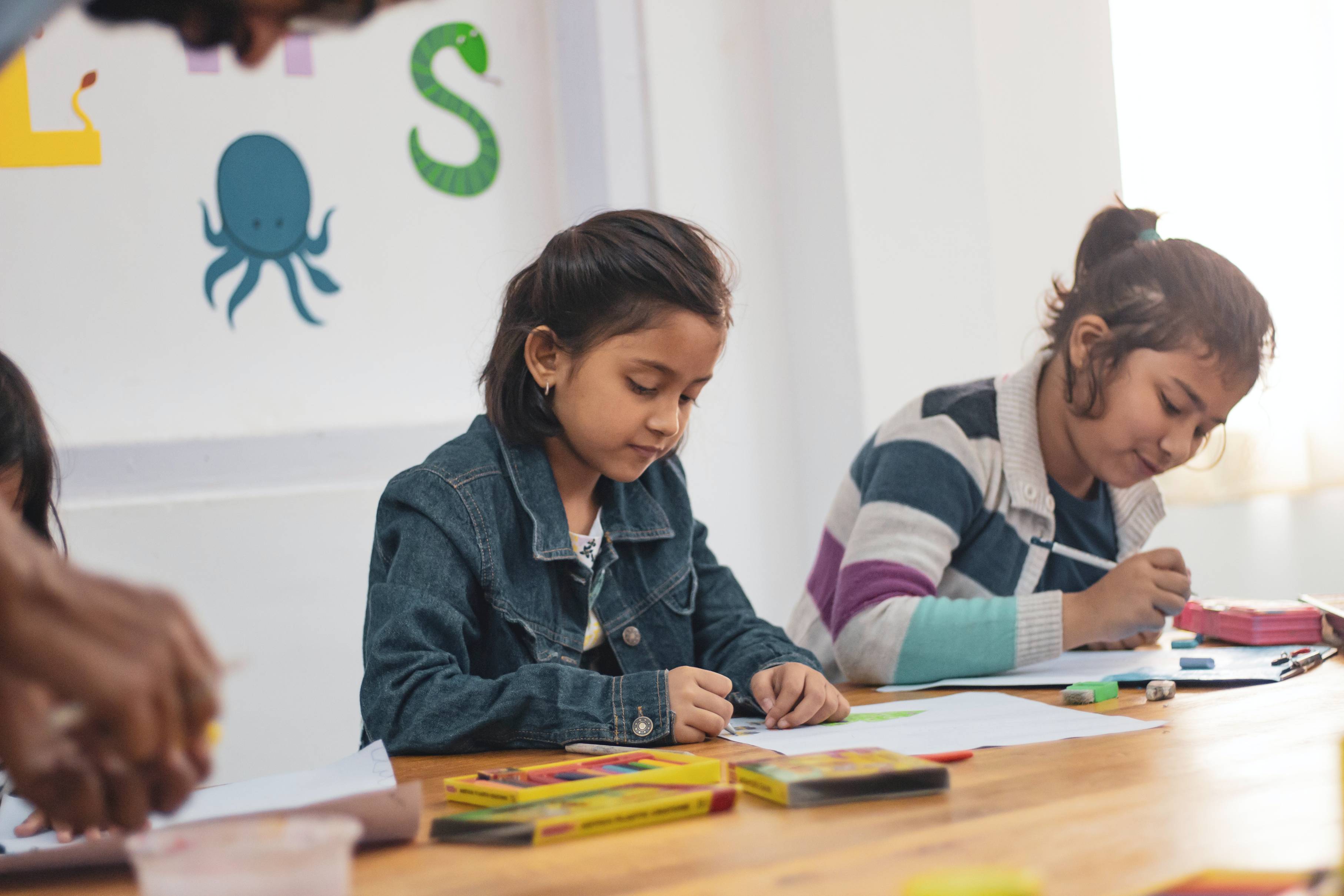Have you ever thought about the possible side-effects that COVID-19 pandemic could have on children?
According to UNESCO, the education of nearly 1.6 billion students – 60% of the world’s school-age population– in 190 countries has been affected. And there is in fact, no concrete answer on whether schools will go back to normal activities. School closures carry high – social and economic– costs worldwide. The impact however, is particularly severe for the most vulnerable and marginalized children and their families. When these factors are combined with the other stresses of living in quarantine and social distancing, it may have some serious consequences: delaying cognitive, emotional and social development. For those in the fundamental teenage years, it may even increase the risk of mental illness in a near future.
– Achievement Gap.
When schools are closed for long periods, many children begin to forget what they already know – this crisis will bring a regression that will be much harder to fix. The consequences of school closures are greater for the younger children. In the worst-case scenario, some students may actually regress even more than they would during a normal school break, since they will lack the opportunity for intellectual nourishing activities like music lessons, field trips or summer camps. Children will miss the regular reinforcement of what they have learned at school and the chances to expand their general knowledge and understanding of the world.
– Pushed back development.
For children and teenagers, the uncertainty and the loss of their freedom will be a hard process and could lead to long-term behavioral problems. “Children’s emotional needs are completely being neglected at the moment,” says Elizabeth Rapa, part of the psychiatry department at the University of Oxford. It is also unclear how the isolation and physical distancing may influence the development of socioemotional skills; feelings regulation, exercising self-control and managing conflicts. In general, children with more siblings appear to develop social skills at a quicker rate, so it may be that it’s only children who are worst affected.

– Broaden inequalities.
Learning loss, during summer vacations in the U.S., depends on the child’s background. Some studies had shown that richer children actually improve their reading performance, for example. Home schooling assumes that the parents are sufficiently educated and have enough time to be able to help with the lessons. This assumption is, unfortunately, not always correct. A recent study from the UK found that children from richer families spend about 30% more time on home learning that those from poorer families. In the U.S. learning loss will probably be greater for low-income, black and Hispanic students (McKinsey & Company).
– Mental Health.
Often, teachers are the first ones that notice a deteriorating mental health in their students, in addition to being the ones to encourage them to seek for treatment. The alarming truth is that the percentage of child abuse – and all kinds of domestic abuse – probably increased during the pandemic. Puberty is considered as a critical period for the development and treatment of mental health issues – and if those problems are left unattended, they may be much harder to handle in the future.
What can we do about it?
Parents and caretakers need to have open, honest and transparent communication with their children about how emotions are being affected by the pandemic. Keep your child actively occupied with activities that will contribute in a positive way. In the long term, whenever children are able to go back to schools, institutions will need to keep an eye on children who have been hit hardest by the crisis and consider special measures that could help to make up for the losses.
Check out UNESCO’s initiative #LearningNeverStops for more information and seek for professional help, if necessary.
References:
– Dorn, E., Hancock, B., Sarakatsannis, J., Viruleg, E. (2020). COVID-19 and student learning in the United States: The hurt could last a lifetime. McKinsey & Company Official Website: Public & Social Sector. Accessed on August 3, 2020: https://www.mckinsey.com/industries/public-and-social-sector/our-insights/covid-19-and-student-learning-in-the-united-states-the-hurt-could-last-a-lifetime#
– Robson, D. (2020). How COVID-19 is changing the world’s children. BBC New Official Website. Accessed on August 3, 2020: https://www.bbc.com/future/article/20200603-how-covid-19-is-changing-the-worlds-children
– UNESCO. (2020). COVID-19: Adverse consequences of school closures. UNESCO Official Website. Accessed on August 3, 2020: https://en.unesco.org/covid19/educationresponse/consequences